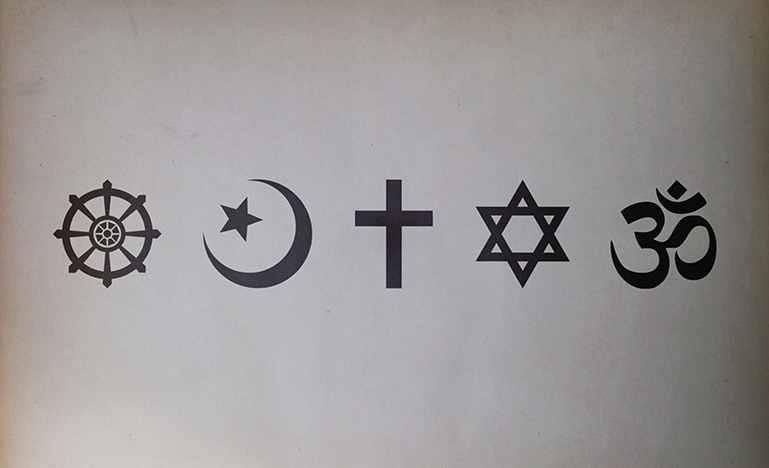Religious identity and diversity
A proposed resolution seeks to chart a better path to fully include openly religious lawyers.

Diversity and religion have been a topic of discussion at CBA AGMs since 2017, when the suggestion was made to add a definition of diversity to the CBA Bylaws. After consulting with the executives of several CBA groups (the Women Lawyers Forum, Young Lawyers, Aboriginal Law Sexual Orientation and Gender Identity Community sections, chairs of branch equality committees and the CCCA Diversity Committee), the Equality Subcommittee proposed a definition of diversity that was adopted into Bylaw No 1 at the 2019 AGM.
A year later, the Constitutional and Human Rights Section sponsored a resolution calling for references to equality, diversity and inclusion in CBA bylaws and policies to include religion in any list of enumerated grounds.
The religious equality resolution came “in response to the disturbing reality that some lawyers — including members of the CBA — cannot work in various government or public sector roles in Quebec because of their religious identity” under Bill 21, explained Derek Ross of the Christian Legal Fellowship. “The resolutions called on the CBA to model a better path — one that fully includes openly religious lawyers,” and does not overlook religion in equality or diversity initiatives.
After wide consultation within the CBA, a consensus emerged that the CBA definition of diversity should explicitly include religion. So, at this year’s AGM, resolution 21-01-A will “propose a significant, but small, change to the CBA’s definition of diversity,” says Susan Johnson, chair of the Equality Subcommittee and mover of the resolution. “Explicitly referencing religion is more inclusive and is consistent with the Charter and human rights law.”
“It is important that our association demonstrate, by our actions and not just our words, that lawyers from religious communities belong at the table, and in the courtroom, with everyone else,” says Ross. “Religious lawyers need to know that they are integral to the legal community, and to our collective efforts to promote justice.”
Johnson notes that the CBA definition of diversity may need to be revisited in the future, as our understanding of diversity might change and evolve over time. “We support this, and also recognize that we need to move beyond definitions — important work remains if we are to advance equality in our profession and society.”
For more on this topic and to share your views on the proposed resolution, please visit our discussion board.


